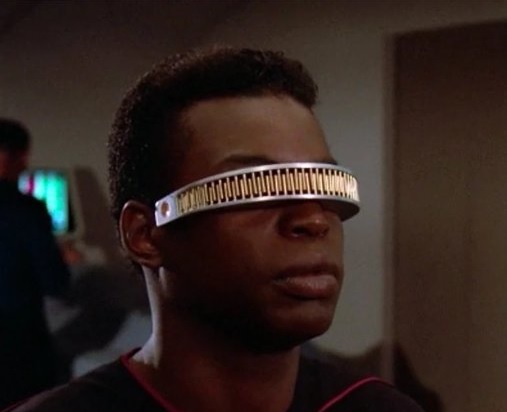
(Photo : Nueralink)
Nueralink
Neuralink, the American neurotechnology company founded by Elon Musk, has received approval from the US Food and Drug Administration (FDA) for a new experimental implant device it developed to restore vision.
While announcing the approval through a tweet on 17 Sep. the brain-chip startup company revealed that its 'Blindsight implant' has secured the 'Breakthrough Device Designation' from the American regulatory body.
The Breakthrough Device designation is awarded to certain medical devices that offer more effective treatment or diagnosis of life-threatening or permanently distressing diseases.
According to the Tesla CEO, the new device can help restore eyesight in people who have lost sight in both eyes and can also help those who are blind from birth. "The Blindsight device from Neuralink will enable even those who have lost both eyes and their optic nerve to see," Musk, while sharing details about the new device, tweeted.
The implant works by targeting the brain's visual cortex. "Provided the visual cortex is intact, it will even enable those who have been blind from birth to see for the first time," Musk added.
"To set expectations correctly, the vision will be at first be low resolution, like Atari graphics, but eventually it has the potential be better than natural vision and enable you to see in infrared, ultraviolet or even radar wavelengths, like Geordi La Forge," he added later.
In March, Musk announced that they were testing the Blindsight implant on monkeys. The company is yet to check the efficiency of the Blindsight implant on humans.
Neuralink is not the first company to receive FDA approval for devices meant for treating blindness. In Feb 2013, FDA approved National Eye Institute (NEI) funded device Argus II retinal prosthesis to treat adult patients with advanced retinitis pigmentosa (RP).
Neuralink Corp, a company that has been credited with developing implantable brain-computer interfaces, was founded in 2016 by Musk and a team of seven scientists.
In January, the company successfully implanted a brain chip in a human. After a month after the implant, the patient, a 30-year-old man named Noland Arbaugh who became paralyzed from the shoulders after an accident, said he was able to play online chess by controlling cursor with his mind.









